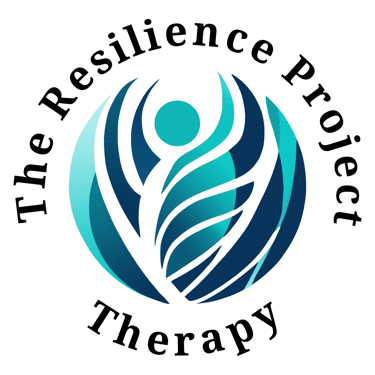What is Depression and How to Address It?
Helping to understand and destigmatize professional help.
Christian Gray Hering, LCSW
7/21/20232 min read


Depression is a serious and common disorder that drains life of meaning and motivation. As a therapist who works with depressed clients, I've seen firsthand how damaging this condition can be if left untreated. In this post, I'll provide an honest overview of depression from my professional point of view.
Essentially, depression is a mood disorder characterized by persistent sadness, negativity, loss of interest, and a range of physical symptoms. It ranges from mild to severe. There are often biological and genetic factors involved, but psychological and social influences play a major role too. Childhood trauma, chronic stress, and learned thought patterns can all render someone vulnerable. [1]
The impacts of depression are very real. It saps energy, focus, and enjoyment of life. Simple tasks become extremely difficult. Taking care of oneself often falls by the wayside. Withdrawal from others is common too. Most dangerously, untreated depression increases the risk of suicide. It's not something anyone can just "snap out of" or "cheer up" from - it requires professional support. [2]
In therapy, I employ scientifically-validated techniques to help clients understand and manage their depression. We work to modify negative thought patterns, adopt lifestyle changes that support mental health, process past traumas, and find healthy coping strategies. For some, medication is an important part of treatment as well. My role is to create a judgement-free space where clients can open up, gain insight into what depression is and how it works, and make positive changes over time. [3]
The key takeaway is that depression is extremely treatable. While it may seem endless in the midst of it, the fog does lift for those who seek help. My goal is to provide clients with the tools and support to minimize symptoms, recover functioning, and build long-term resilience. It takes work, but people can overcome depression and reclaim mental wellbeing. [4]
Sources:
[1] Harvard Health Publishing. (2019). What causes depression? https://www.health.harvard.edu/mind-and-mood/what-causes-depression
[2] National Institute of Mental Health. (2018). Depression. https://www.nimh.nih.gov/health/topics/depression
[3] Beck Institute. (2022). How to treat depression with psychotherapy. https://beckinstitute.org/get-informed/about-depression/how-to-treat-depression-therapy/
[4] HelpGuide. (2022). Depression treatment and recovery. https://www.helpguide.org/articles/depression/depression-treatment.htm
The Resilience Project Therapy
Mailing
P.O. Box 832182
Richardson, TX 75083
Contacts








